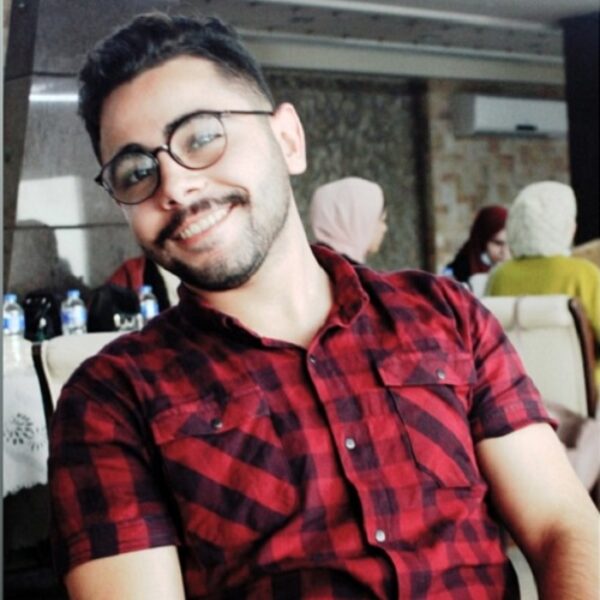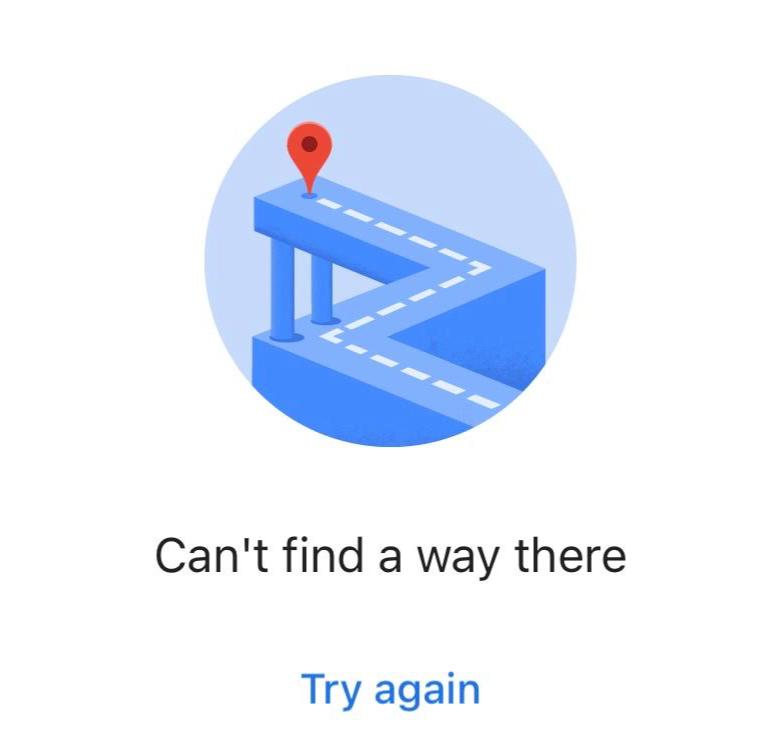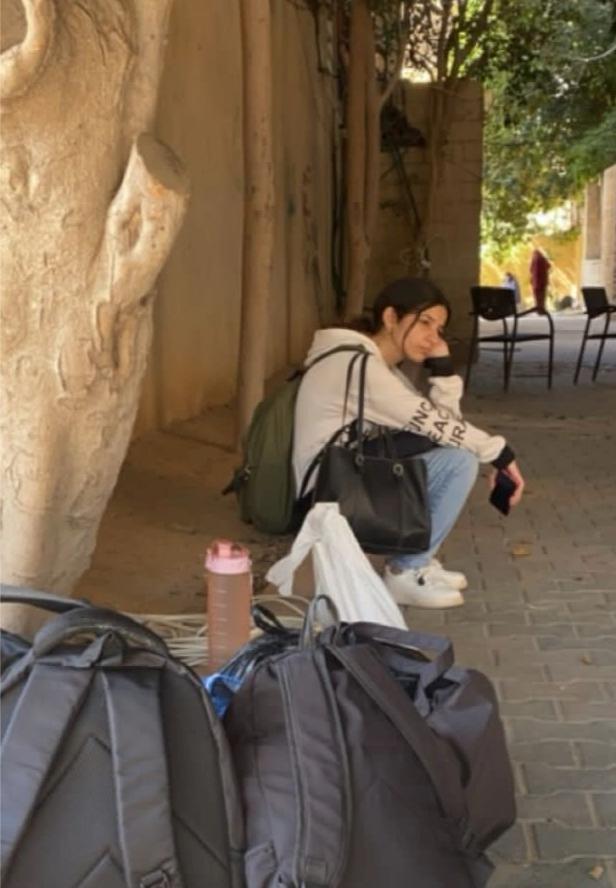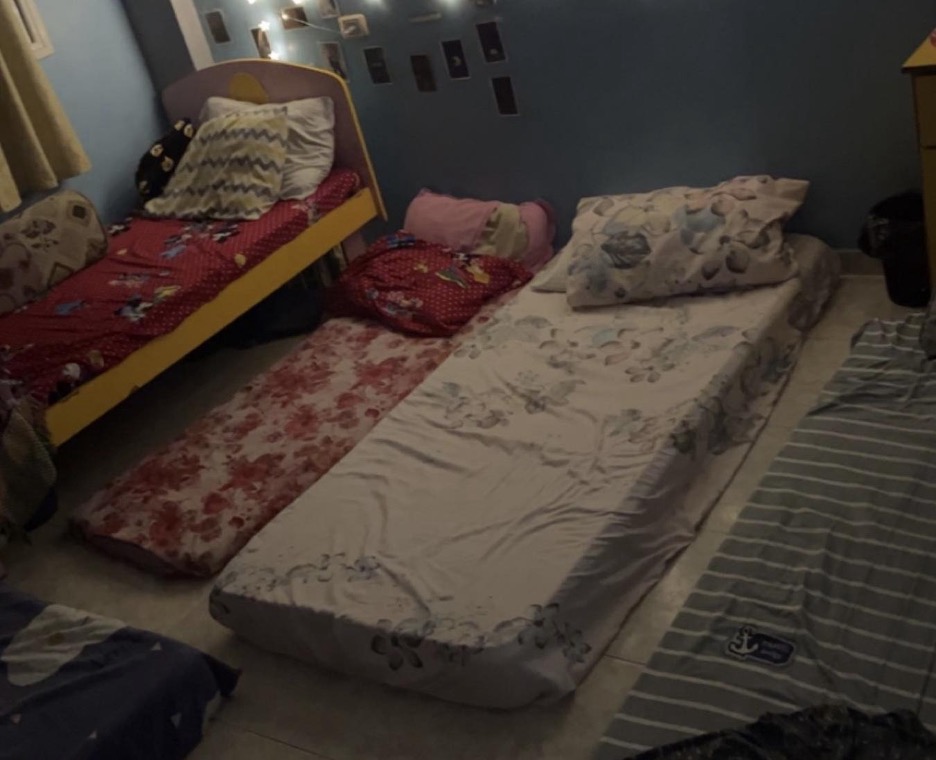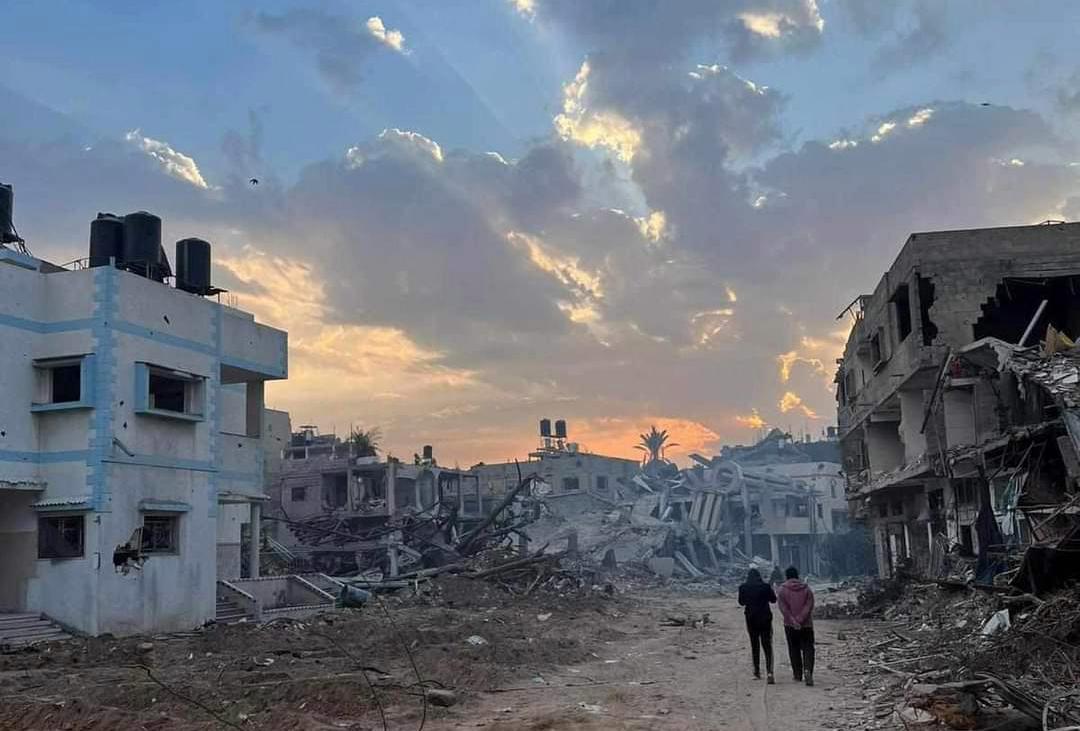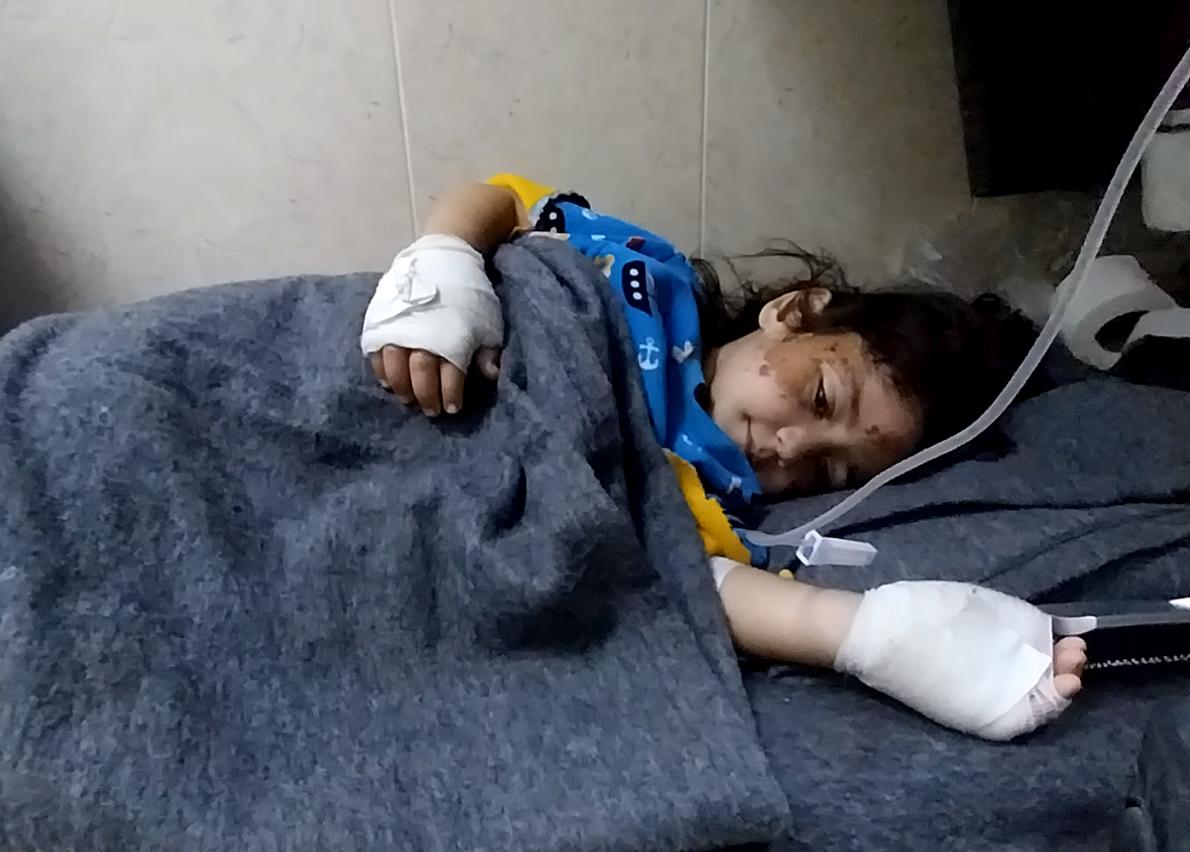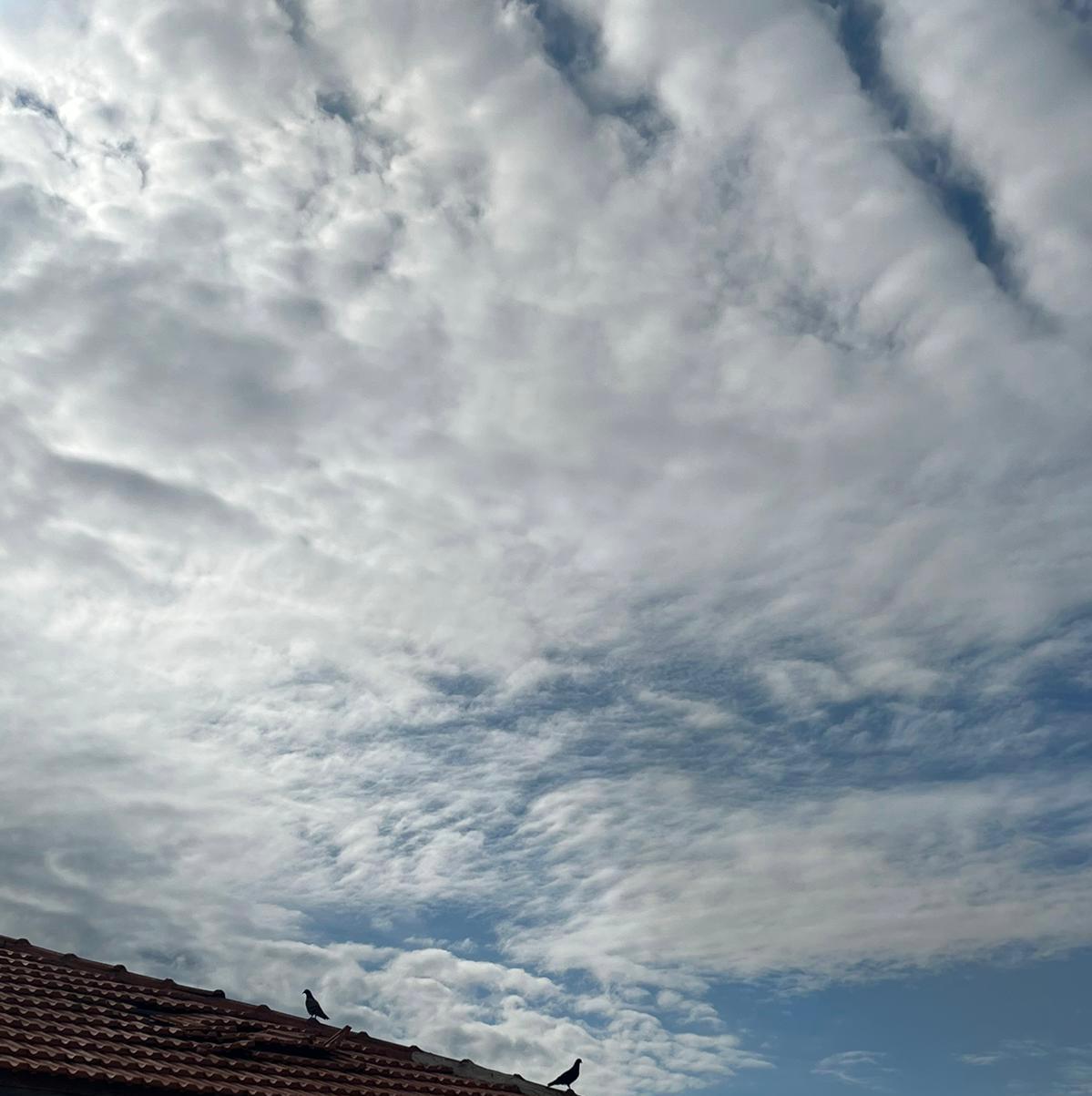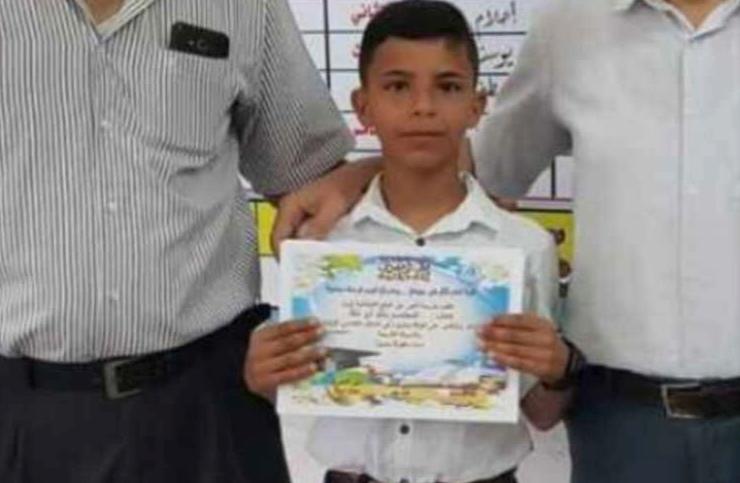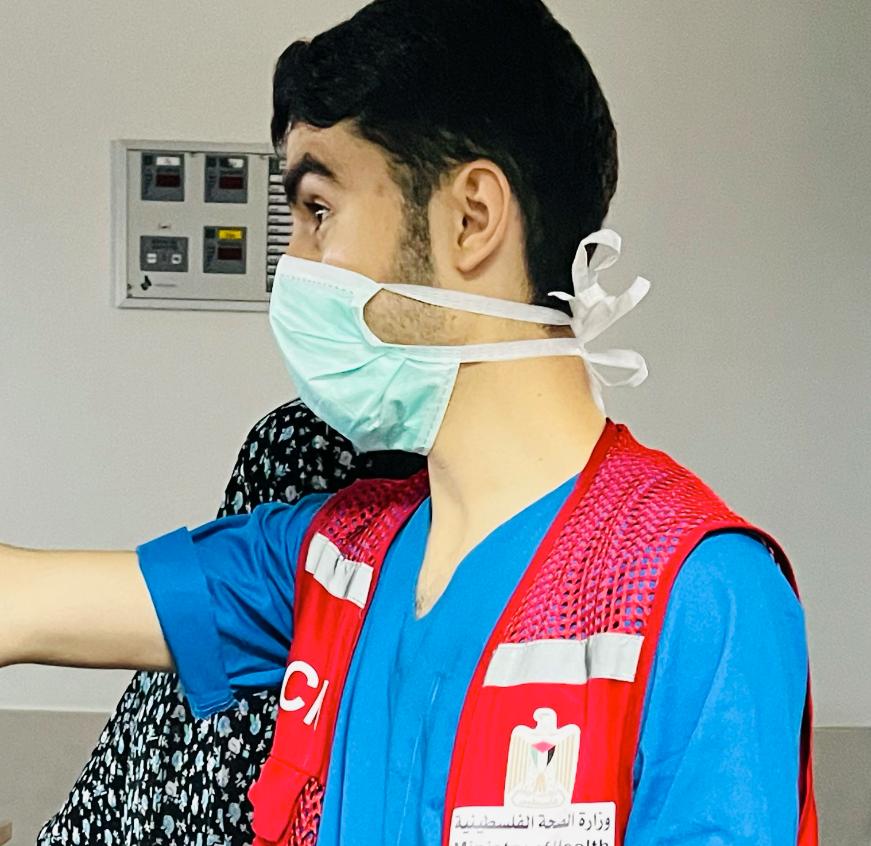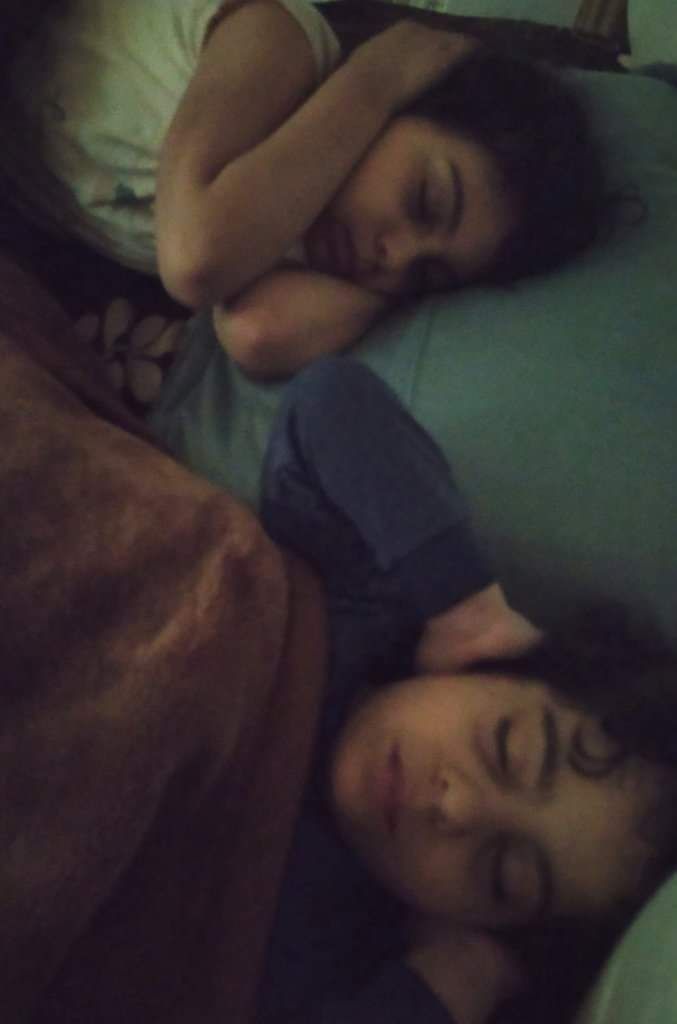
So many memories return. Israel has unilaterally declared the start of a new aggression on the Gaza Strip, and the scene here right now is no different than the last aggression! Houses are being bombed; children are killed; no one is safe. In the blink of an eye, we can lose our lives in a random air strike. Why do we have to live with this pain again?
It’s 9 p.m. The situation is getting worse. The news reports a new massacre every hour. Most of the victims are children who were playing outside. Oh God, this brutal occupation does not differentiate between men or women, young or old.
In death, Palestinians have the equality and justice they never had in life. Israel is taking our souls, muting our laughs, and assassinating our dreams, without even knowing who we are. Being Palestinian is enough justification for Israel to commit a genocide, erasing whole families.
I remember the last aggression. My family spent the night together, just as many Palestinian families do during endless nights of bombing. If an airstrike hit our home, we would die together. We believe it’s better to die together as we lived together.
Depression threatens to overcome me. The thought of being dead in the blink of an eye is terrifying. I go to my room, put my headphones on, and play Beethoven’s Moonlight Sonata. I cannot accept that imminent death is a possibility. The music frees my mind until a nearby airstrike interrupts my reverie. The whole building is trembling.
I take off my headphones and hear my six-year-old sister, Habiba, crying. I rush downstairs to give her a comforting hug so she could feel safe. It’s hard to say who grants the feeling of safety to the other, but my sister knows how to embrace and silence my fears. She stops crying and falls asleep in my lap. I put her to bed and sit next to her.
In uncertain moments, I start talking in my mind to poets. Tonight I am having a conversation with Rafeef Ziadah about her poem, We Teach Life Sir. Everything she said in that poem is painfully true, so I try to quiet her.
“Today, my body was a TV’d massacre that had to fit into sound bites and word limits” … “a hundred dead, two hundred dead and a thousand dead.”
“Rafeef! I know that. Can you please be quiet?” She ignores me and continues:
“I wish I could run barefoot in every refugee camp and hold every child and cover their ears so they wouldn’t have to hear the sound of bombing for the rest of their lives the way I do.”
“Rafeef, I wish I could have covered the ears of my little sister who was crying. I finally managed to calm her down, so please leave right now.” This time she listens and departs as suddenly as she had appeared. During the terrifying silence, I take the opportunity to sleep.
The next morning, I wake to the sound of an alarm I had forgotten to unset. My siblings are playing in the living room. Habiba hugs me and asks for a shekel to buy some snacks.
I am happy to hear her laughing after last night’s panic. But many children are unable to overcome the impact of a 15-year blockade, military occupation, bombings, and violent incursions. According to a report by Save The Children, four out of five children in Gaza suffer from fear, sadness, and depression. We managed to survive the recent aggressions. For us, the question right now is – are we going to survive this one?
August 5, 2022

